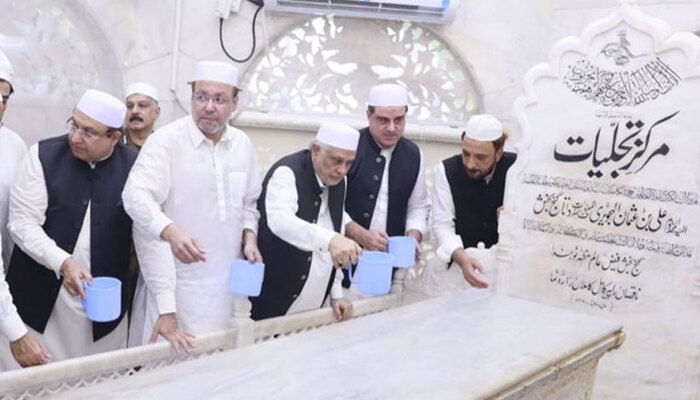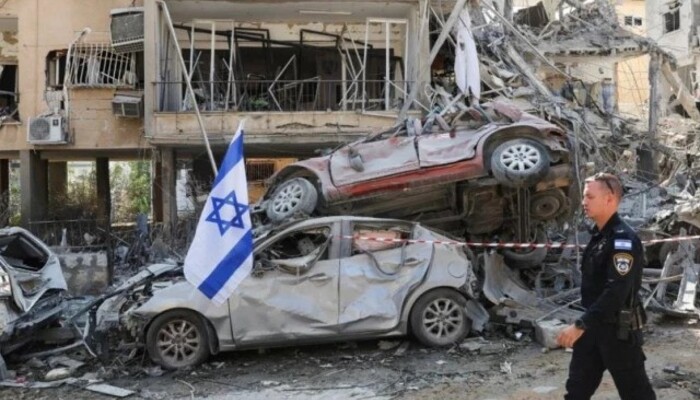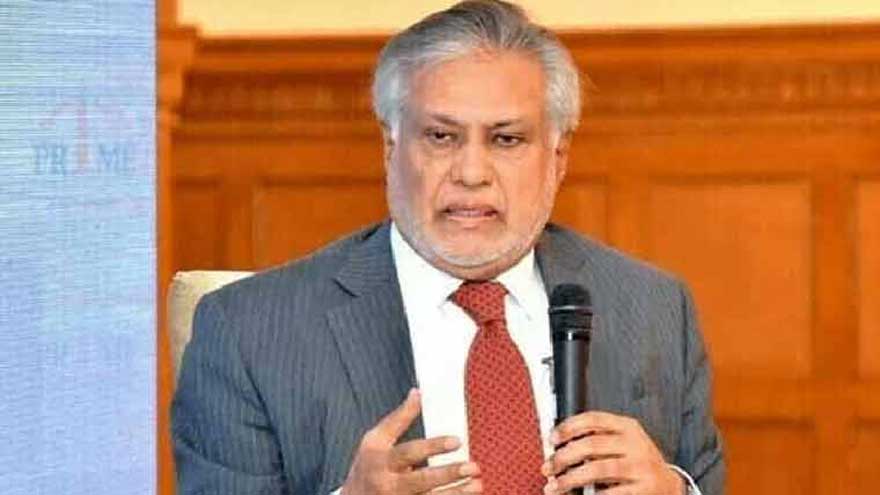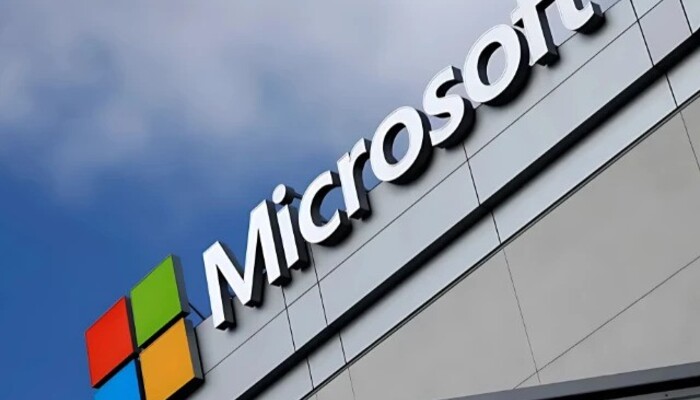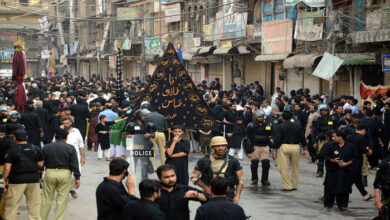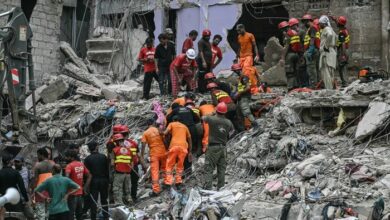
ISLAMABAD: Pakistani consumers are now paying over Rs101.49 per litre in taxes and duties on petrol, according to a newly surfaced document. This staggering figure includes multiple levies and margins, making up a significant chunk of the final retail price consumers see at the pump.
The detailed breakdown includes:
-
Petroleum Development Levy (PDL): Rs75.52
-
New Climate Support Levy: Rs2.50 (effective July 1)
-
Freight Margin: Rs6.98
-
Oil Company Margin: Rs7.87
-
Dealer Margin: Rs8.64
With the ex-refinery price of petrol at Rs165.30, these added charges bring the total to Rs266.89 per litre — a historic high following the government’s recent hike of Rs8.36 per litre for the first half of July.
High-Speed Diesel (HSD) hasn’t been spared either. Taxes and duties on diesel amount to Rs95.74 per litre, which includes:
-
PDL: Rs74.51
-
Climate Levy: Rs2.50
-
Freight Margin: Rs2.09
-
Oil Company Margin: Rs8.00
-
Dealer Margin: Rs8.64
Diesel’s ex-refinery price now stands at Rs177.24 per litre, driving its total cost to well over Rs270 per litre in many areas.
IMF-Driven Climate Levy Adds to Public Burden
The new Rs2.50 Climate Support Levy, which took effect from July 1 with the start of fiscal year 2025–26, was introduced under the International Monetary Fund’s (IMF) climate financing conditions. The federal government justified the move by reducing the PDL slightly — although consumers are still paying an overall record amount in taxes per litre.
The levy applies not just to petrol and diesel, but also to kerosene, raising concerns about its impact on the country’s poorest households, especially in rural areas where alternatives like gas cylinders or electric stoves are scarce.
Israeli Strike Kills Nearly 40 in Gaza’s Deadliest Attack Yet
Critics have slammed the move as another example of the government caving to IMF pressure at the expense of the public. While the IMF insists the levy is part of a broader “green transition,” local analysts question whether the funds collected will actually be used for climate-related infrastructure — or simply to plug budget deficits.
Public Outcry and Political Repercussions
Unsurprisingly, the public reaction has been fierce. With inflation already hitting household budgets hard, the added burden of fuel taxes is pushing essential costs even higher. Transporters have warned of imminent fare hikes, and traders say rising fuel costs will soon reflect in the prices of food and basic goods.
Opposition leaders have called the hike “economic cruelty,” demanding that the government roll back the climate levy and cut unnecessary margins rather than squeezing the public dry.
With more price adjustments expected in the coming months under IMF reforms, analysts warn of a deeper political and economic backlash if relief measures aren’t introduced — especially for low-income groups already pushed to the edge.
For now, Pakistanis are left grappling with the reality that nearly 40% of what they pay at the pump is going into taxes and levies — and the figure is only rising.
Follow us on Instagram, YouTube, Facebook,, X and TikTok for latest updates




